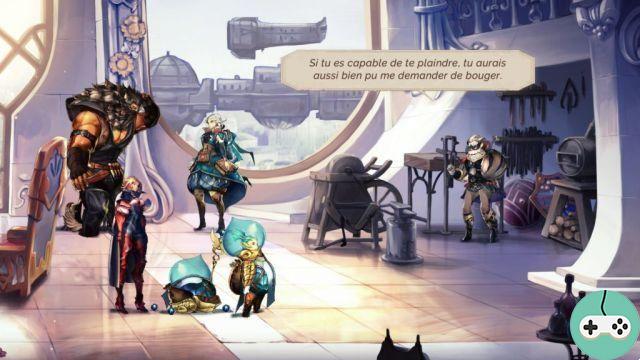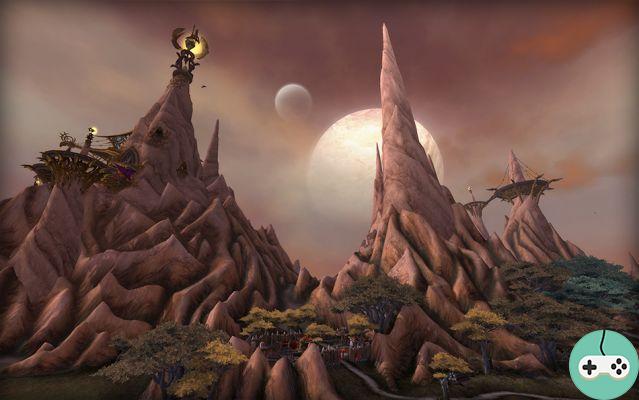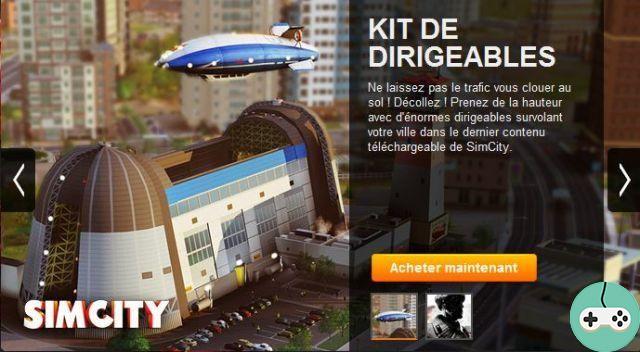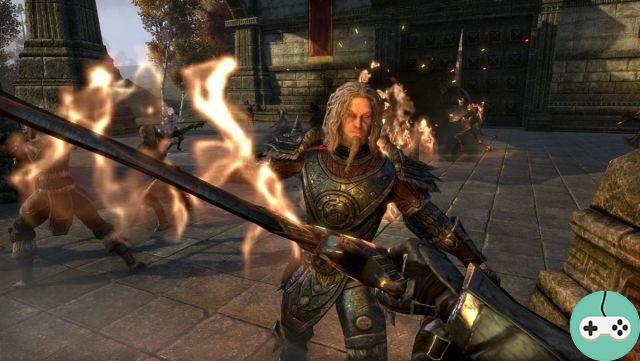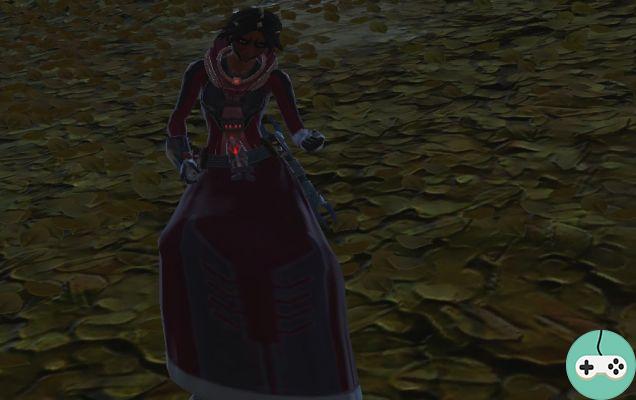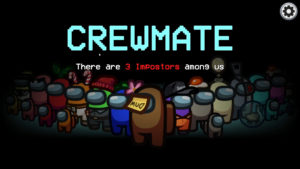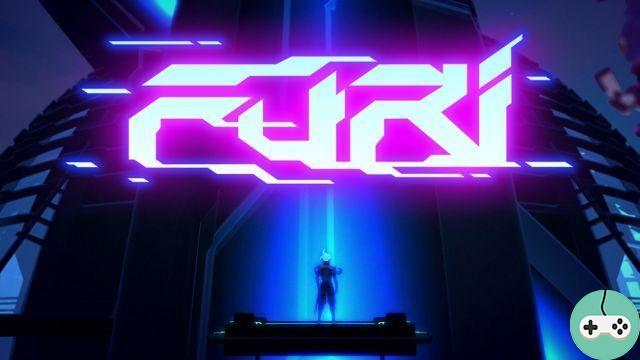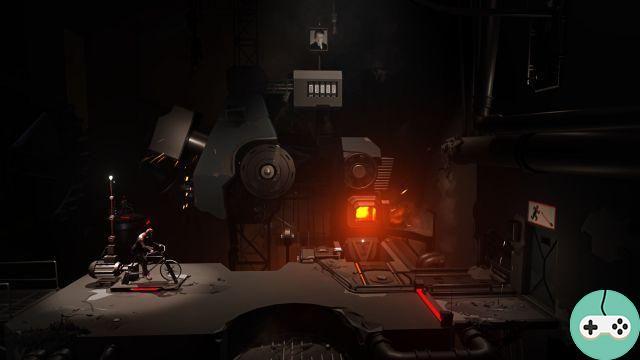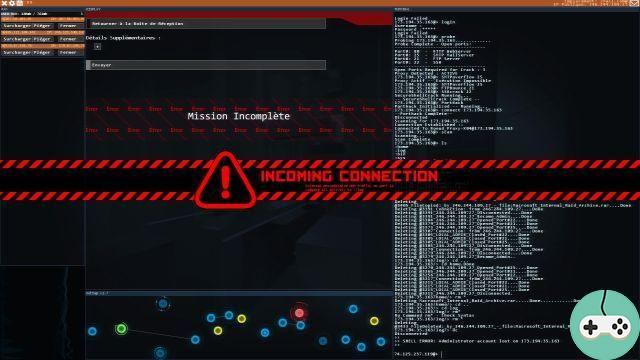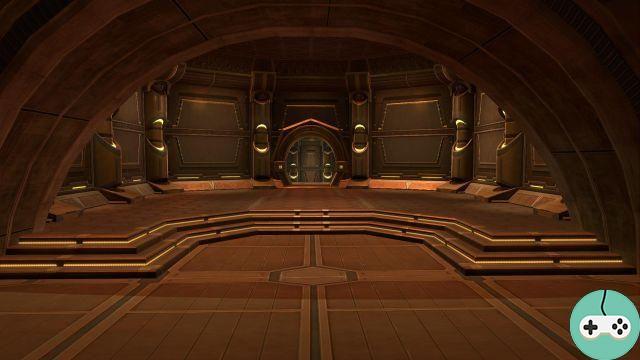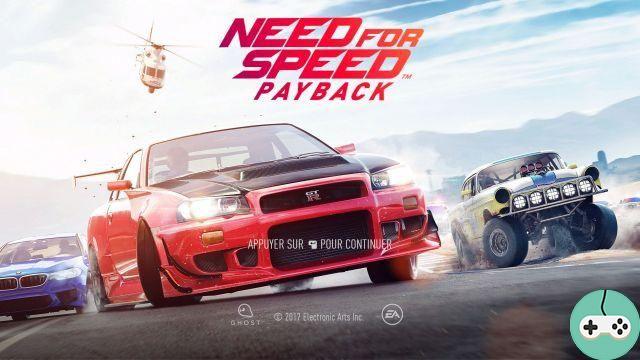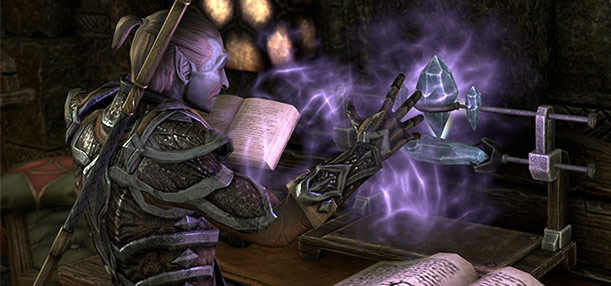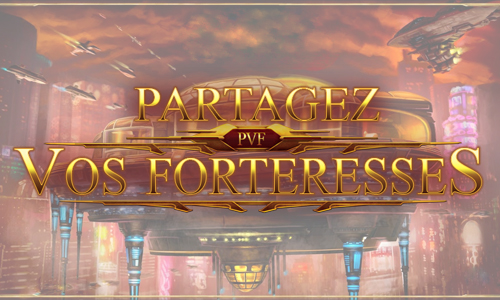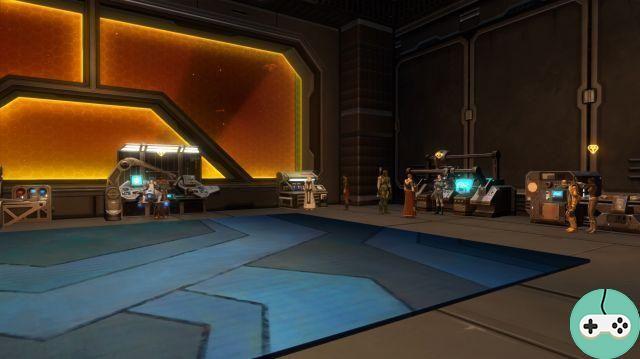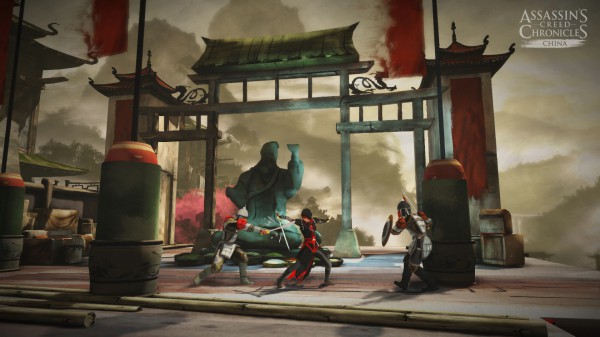During the first day of gamescom, I had the opportunity to discover two games from the publisher Kasedo: IXION and Uncle Chop's Rocket Shop.
IXION
This narrative city-builder is not new to me (you can find my preview here). Talish had also made a little more advanced preview in March (to discover there). If you haven't read these articles, know that the player finds himself manager of a space station which, following a cataclysmic event, could well be the only hope of humanity. To prevent humans from becoming extinct, many challenges will have to be met...
The game relies on three main settings. The hull, or structural integrity, drops each time the station is moved. Trust is linked to the comfort of the inhabitants, whose basic needs like food and shelter. Events also impact this confidence, in particular the promises kept, or not... The system of choices sometimes leads to having to take the least worst option to get out of an inextricable situation. Finally, the power represents the electricity consumption, provided by solar panels installed outside the station.
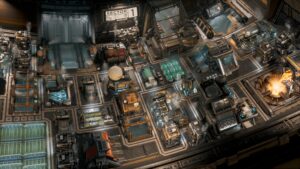

Three views are offered: exterior, interior and space. It is in the latter that all the phases of exploration of the different solar systems take place. Small vessels are to be sent to the planets, to find resources and answers to the big questions the crew is asking: why did the Moon explode? Although it seems that the station's VOHLE engines are linked to this disaster, it is not as simple as it seems.

Science points are to be collected, which allow you to learn new technologies, to improve life on the station. The manager can also issue decrees, in order to act directly on daily life (propaganda, restriction of food...). Preferably, it is better to avoid making these too drastic decisions when all is well, in order not to see the collapse of confidence (but the survival of the majority remains the priority).

Each building requires a minimum number of workers to operate. Creating a building therefore does not guarantee that there will be enough manpower. Workers can choose to revolt, either because they are bored or because they have too much work. In the latter case, they also risk making mistakes, and the number of accidents will increase.
Exploration game, of course. But also a narrative game, with a prologue and five chapters for a total of around twenty-five hours of play. Even if a sandbox (or endless) mode will be the studio's first priority after the release, each solar system visited will listed for the time being as part of a directed scenario, with special features. One of the systems visited during the demonstration had devastating weather effects, very bad for exploration ships (fortunately, we were lucky, and everything went well). This is not to be neglected because these ships can lose their crew members, which therefore prevents them from being used. They should also be repaired as part of a maintenance cycle.

Each jump, from one solar system to another, permanently impacts the hull of the ship, increasing the pressure on the player who has less and less margin to avoid the explosion. This tension is nevertheless compensated by the technologies developed which make daily life simpler. A natural limitation to the player's exploration ability comes from the amount of batteries installed to compensate for power consumption. As soon as the station uses its motors, it monopolizes all of the electrical power. All other systems then switch to batteries. Of course, this can't last long... or everyone on board risks dying! However, do not hesitate to move the station when the situation arises, especially to get closer to resources.
Our demo ended with us arriving on what looks like a battlefield. A space station, very similar to ours, is drifting in space next to the wreckage of a huge spacecraft of unknown technology. And bodies float among the debris... As if space wasn't dangerous enough already...
The simulation game is scheduled for November 16, on PC. Namely that on Friday, the Bulwark Studios game was awarded as "Best Strategy/Simulation Game" (the best strategy/simulation game of the show). A well-deserved reward for a promising game, as demanding as it is addictive.
Uncle Chops Rocket Shop

Honestly, I originally went to see this game because it was showing at the same booth as IXION and an appointment was available right after. But what a pleasant surprise! It's a completely crazy simulator in pre-alpha (its release is not planned before the end of next year). We embody a fox, in charge of a repair station, part of the great Uncle Chops chain. The main objective is to raise enough money to pay the necessary money for the rent.

The core gameplay is based on days. A little freedom, before starting the eight-minute cycle, which starts after pointing. From there, a list of tasks is proposed, with different levels of difficulty. As soon as one of them is selected, a ship will land and it is absolutely necessary to solve the problem before the day is over, that is to say the eight minutes.


In this quirky universe inspired by 50s America, a very "dinner" atmosphere, nothing is realistic. For example, in one of the tasks that was shown to me, the engine works thanks to snails which must therefore be fed. Carboys must be filled. Bolts removed. Reconnected pipes... The fluid system gives the opportunity to put what you want in the cylinders... with the consequences that follow. Fortunately, the machines are supplied with an explanatory note, with well convoluted diagrams. Finally, this does not prevent making mistakes and the ship will not be able to take off again until everything is put back in order (still with this eight-minute timer to take into account).
Clients are linked to factions, with styles and special tasks. A reputation system will mean having to carefully choose who to help, or not to help. Dialogues are planned, in order to leave the freedom to be able, for example, to agree to make a discount. Of course, doing a favor for another faction will have consequences for the others. Automation will make maintenance more complex without making the actions repetitive or daunting.

The end of a repair is rewarded with an automatic invoice. Another summary is offered at the end of a day. The player can then enjoy some free time before going to bed, in particular to chat with visitors and move forward in the story. Several alternative endings are planned: five, one for each faction. In itself, it will be the same event, but from a different point of view. Players are thus invited to chain at least five runs, with rogue-lite mechanisms. A currency is kept between attempts, which makes our poor fox's daily life a bit easier (like increasing the window by eight minutes).




